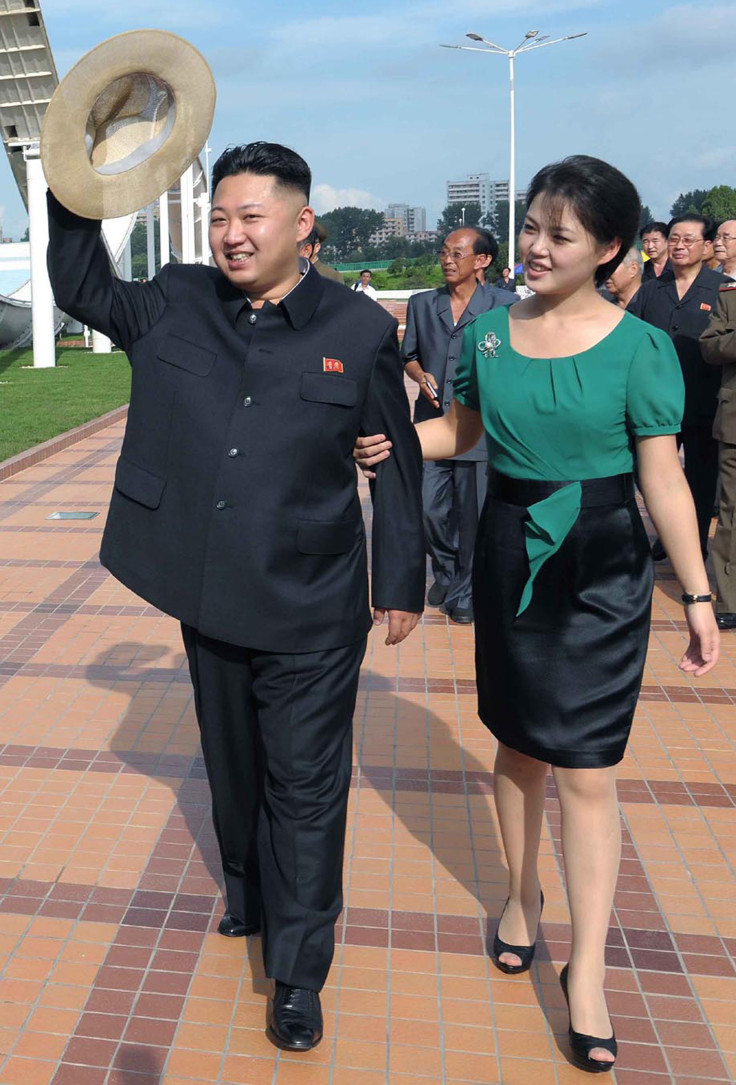Is Kim Jong-un's wife driving a fashion revolution in the reclusive nation?
A South Korean think tank said women in North Korea are waking up to global fashion trends despite the regime's tight controls.
Branded accessories and short hemlines popular in the West appear to be gaining ground among North Korean women, who have so far adhered to a strict regime-approved dress code.
The reclusive Kim Jong-un led North Korean regime, known for its obsession for nuclear arsenal, is equally obsessed about controlling fashion trends and hairstyle trends, as well as the social media, entertainment and news media.
A South Korean think tank, however, believes that the trends are changing, courtesy the country's first lady, Ri Sol-ju, who has mostly been photographed sporting trendy short skirts and tunics in the past. Ri has also been seen carrying expensive accessories like handbags of high-end global fashion brands.
The think tank, KDB Future Strategy Research Institute, cited increased imports of precious metals and fashion accessories in the North from 2012 to 2015 as the basis of its claims. It said that the imports have doubled over the mentioned period, reaching $1.73m (£1.3m) in 2015.
The change was also attributed to a female brand created by the country's dictator, Yonhap news agency reported the think tank as saying. The girls in the Moranbong band - an all-female music group in North Korea whose members were selected by t Kim Jong-un - have been seen wearing short-hemmed, glittery clothes on stage for their performances.
The research institute, which is affiliated to Korea Development Bank (KDB), said that the state used to supply cheap clothing of uniform design throughout the country, but now manufacturers have started taking orders for customised outfits. The changing trend has also made way for softer and easy-to-use natural substitutes of synthetic fabric that were prevalent in the country so far.
"They also indicate that North Korea is shifting from a standardised society to one where personal expressions are permitted," Yonhap cited the think tank as saying.
However, the masses were likely to take longer to make sartorial changes as opposed to the elite, as strict dress codes continue to be in place in most parts of the country, the institute said.
The North Korean fashion industry is likely to grow more in large cities that have textile mills and private craftsmen, it added.

© Copyright IBTimes 2025. All rights reserved.





















